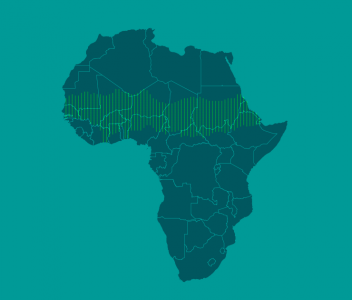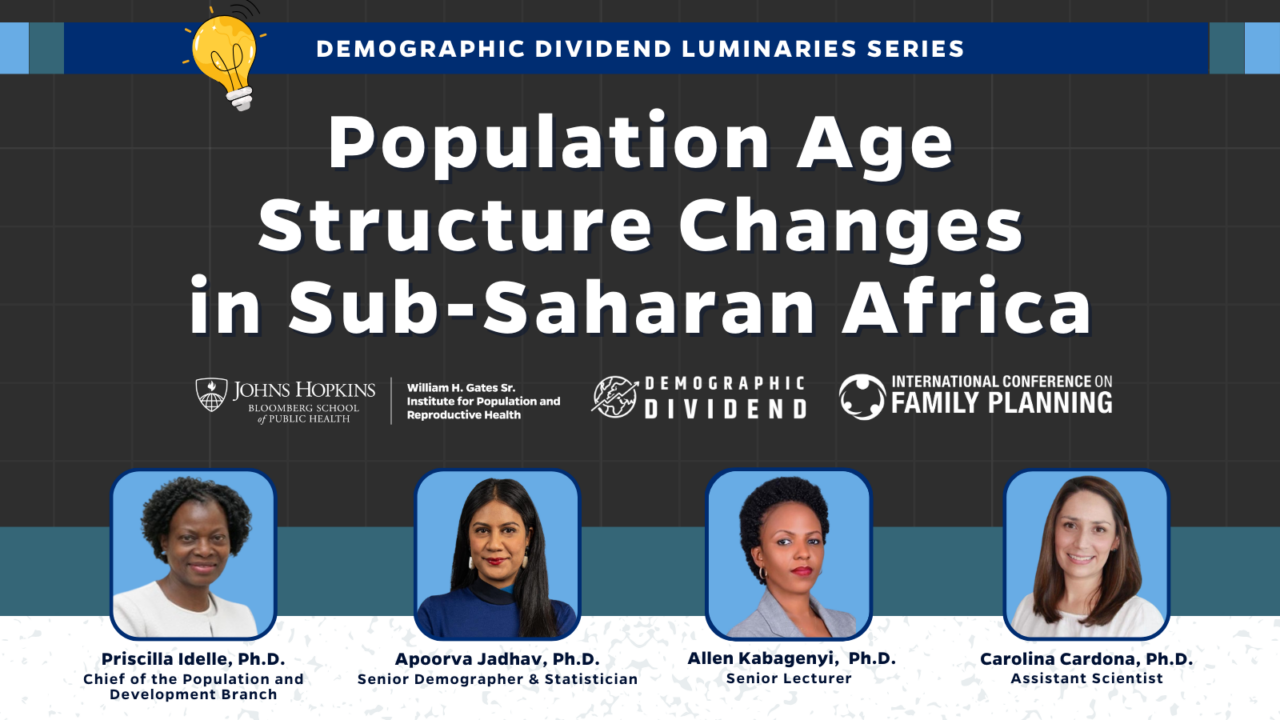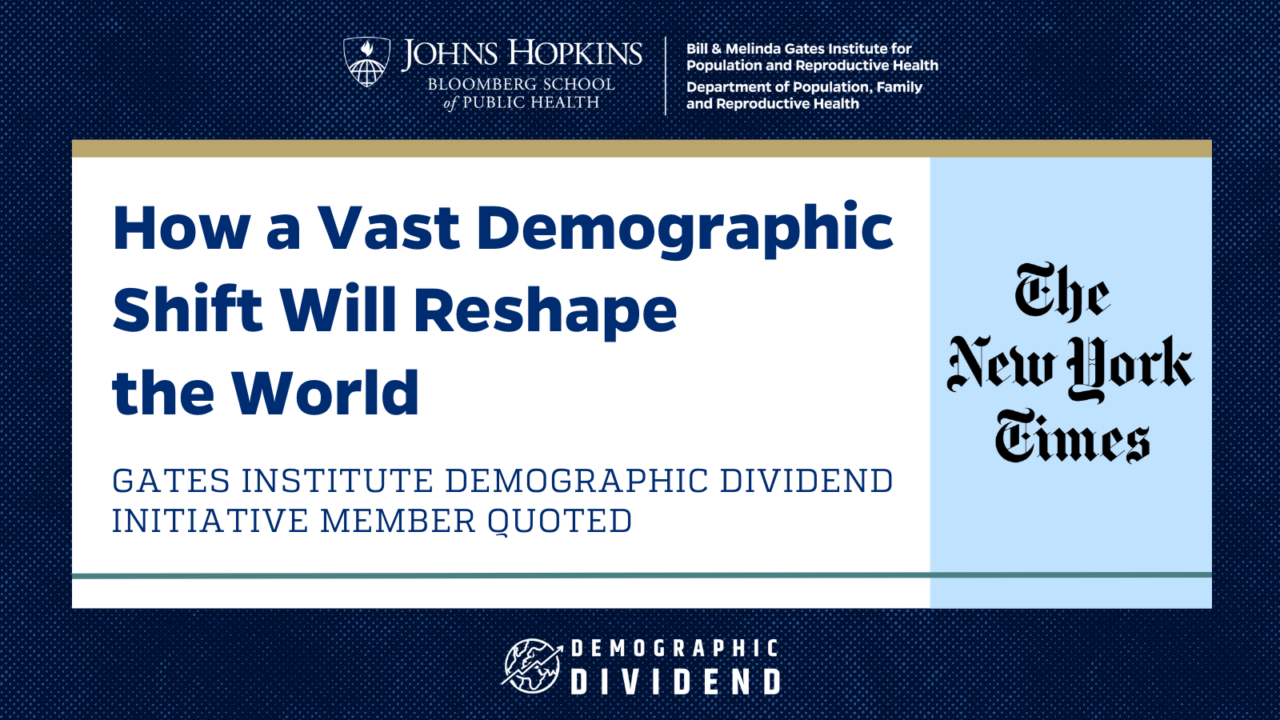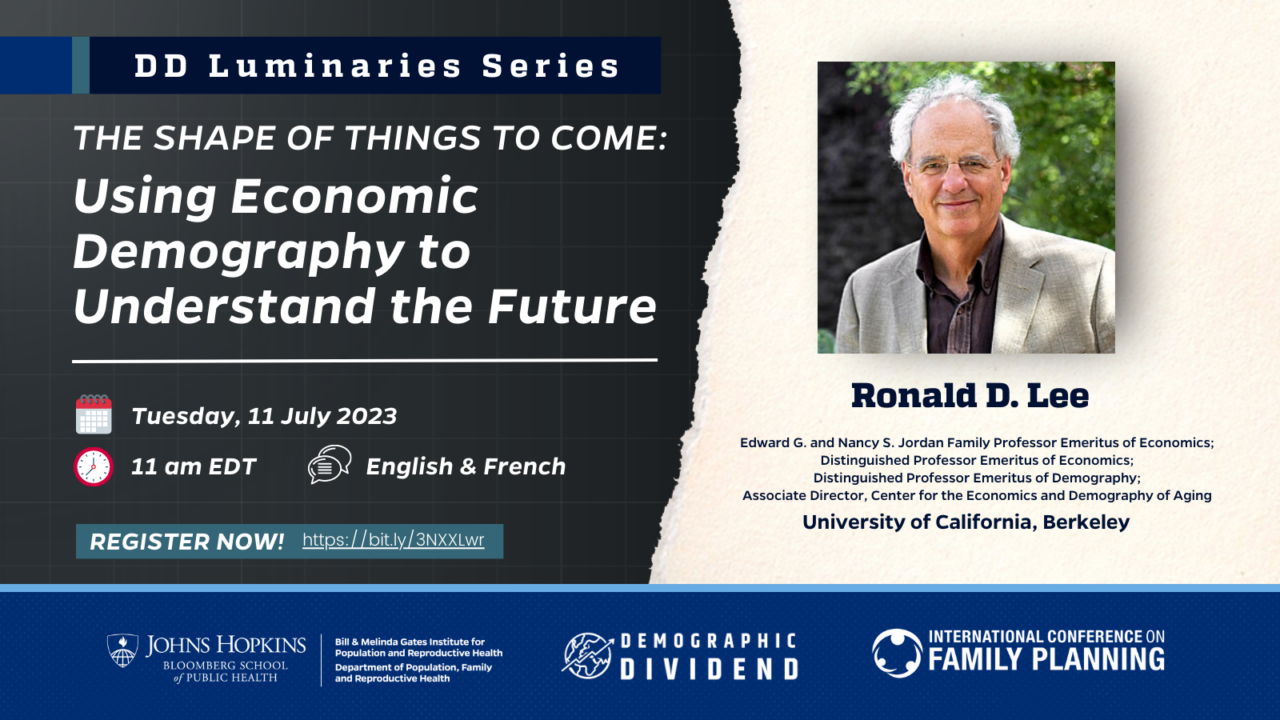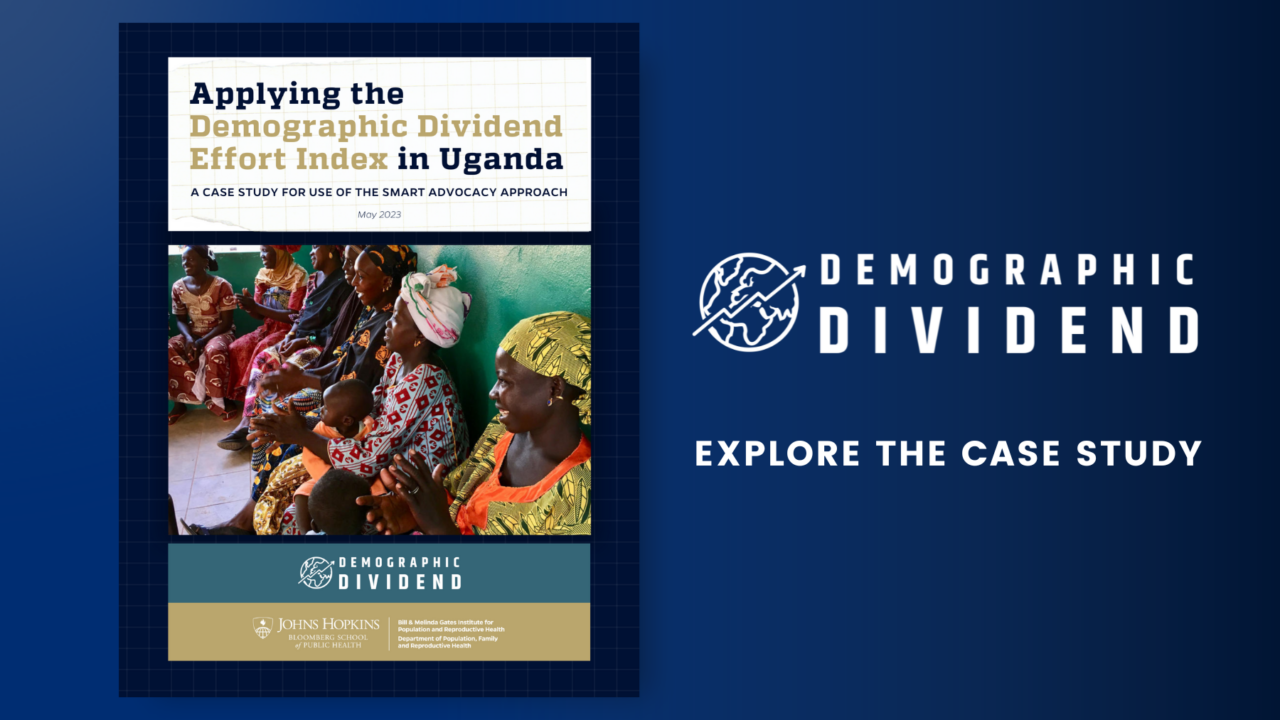Helping countries achieve accelerated population-driven economic growth
Harnessing the Demographic Dividend
The demographic dividend offers a framework by which to define a research agenda, advocate for policies, and mobilize resources that can help countries realize their potential for accelerated economic growth.
Health and Development Resilience in the Face of COVID-19
Considering the health and socioeconomic impacts of COVID-19, and its close relationship with policies that enable a DD-favorable policy environment, this DDEI has integrated a module to assess the resilience and sustainability of systems in each sector. The scoring follows existing frameworks
and key principles of sustainable and resilient systems that can effectively respond to adverse events, security attacks, emerging infectious disease threats and other public health emergencies.
What is a Demographic Dividend?
A demographic dividend is the accelerated economic growth that can result from improved reproductive health, a rapid decline in fertility, and the subsequent shift in population age structure. With fewer births each year, a country’s working-age population grows larger relative to the young dependent population. With more people in the labor force and fewer children to support, a country has a window of opportunity for economic growth if the right social and economic investments and policies are made in health, education, governance, and the economy.
Rwanda’s Demographic Dividend
Between 1980 and 2015, there has been a remarkable decline in Rwanda’s Total Fertility Rate, from 8.4 children per woman in 1980 to 4.2 children per woman in 2015. The use of modern contraceptive methods increased from 10% in 2005 to 45% in 2010 and then rose slightly to 48% in 2015. Rwanda’s leadership has been highly supportive of family planning. The current fertility decline will provide an opportunity for economic growth if combined with the promotion of equitable and good quality education, right investments in health, job creation and good governance.
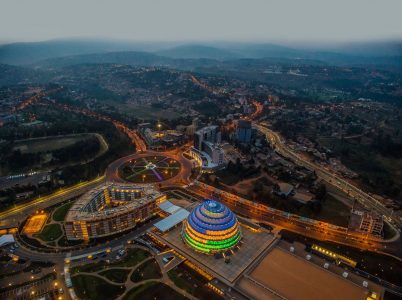
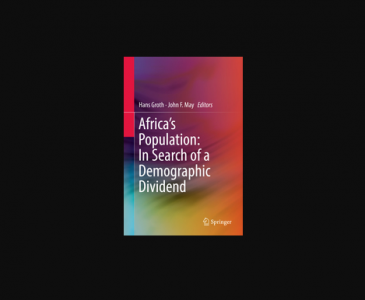
Africa’s Population: In Search of a Demographic Dividend
This book explores different paths that Africa can take to benefit from the economic growth that might result from favorable changes in its population structure. Africa’s Population includes a collection of articles from fifty renowned African and international scholars, and offers an analysis of conditions that need to be met for the African countries to take full advantage of the potential demographic dividends. The book makes clear the importance of family planning coupled with investments in education, health, job creation and good governance, as well as the critical role African leaders and their development partners play in focusing attention to these five areas.
Realizing the Demographic Dividend: The Science in Service to the Sahel
“Realizing the Demographic Dividend: The Science in Service to the Sahel” was presented at a side event of the 69th United Nations General Assembly. The document notes that, with 45 percent of its population under the age of 15, the Sahel region faces particular challenges in meeting the development needs of its youth population, which will continue to rapidly grow in size. Policies and investments are needed in the short term to enable their smooth transition into productive adulthood and for the long-term in the human capital quality of those born after them who will deliver the Demographic Dividend for the region. The document was signed by 43 scientists and members of national and international research communities.
